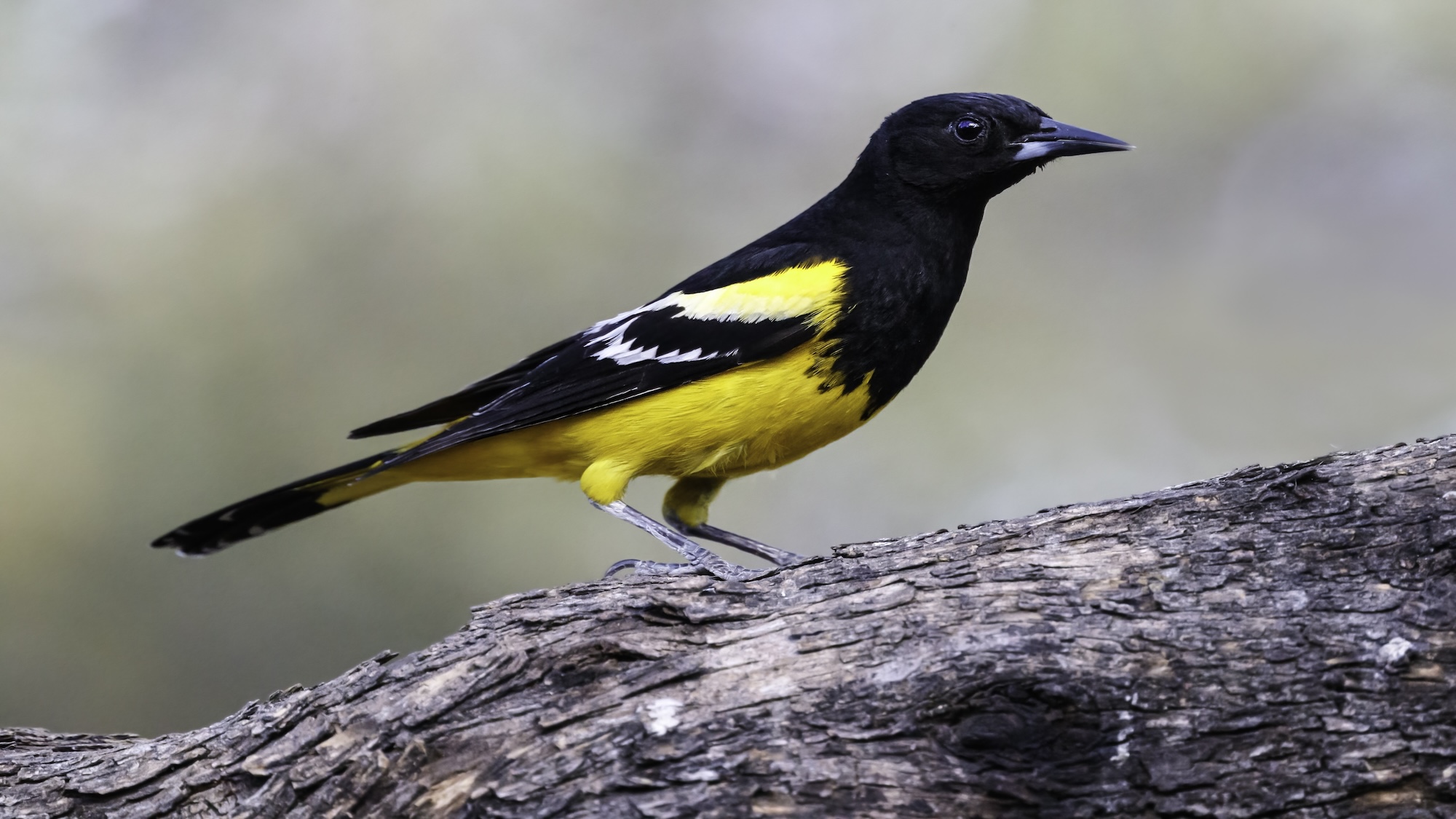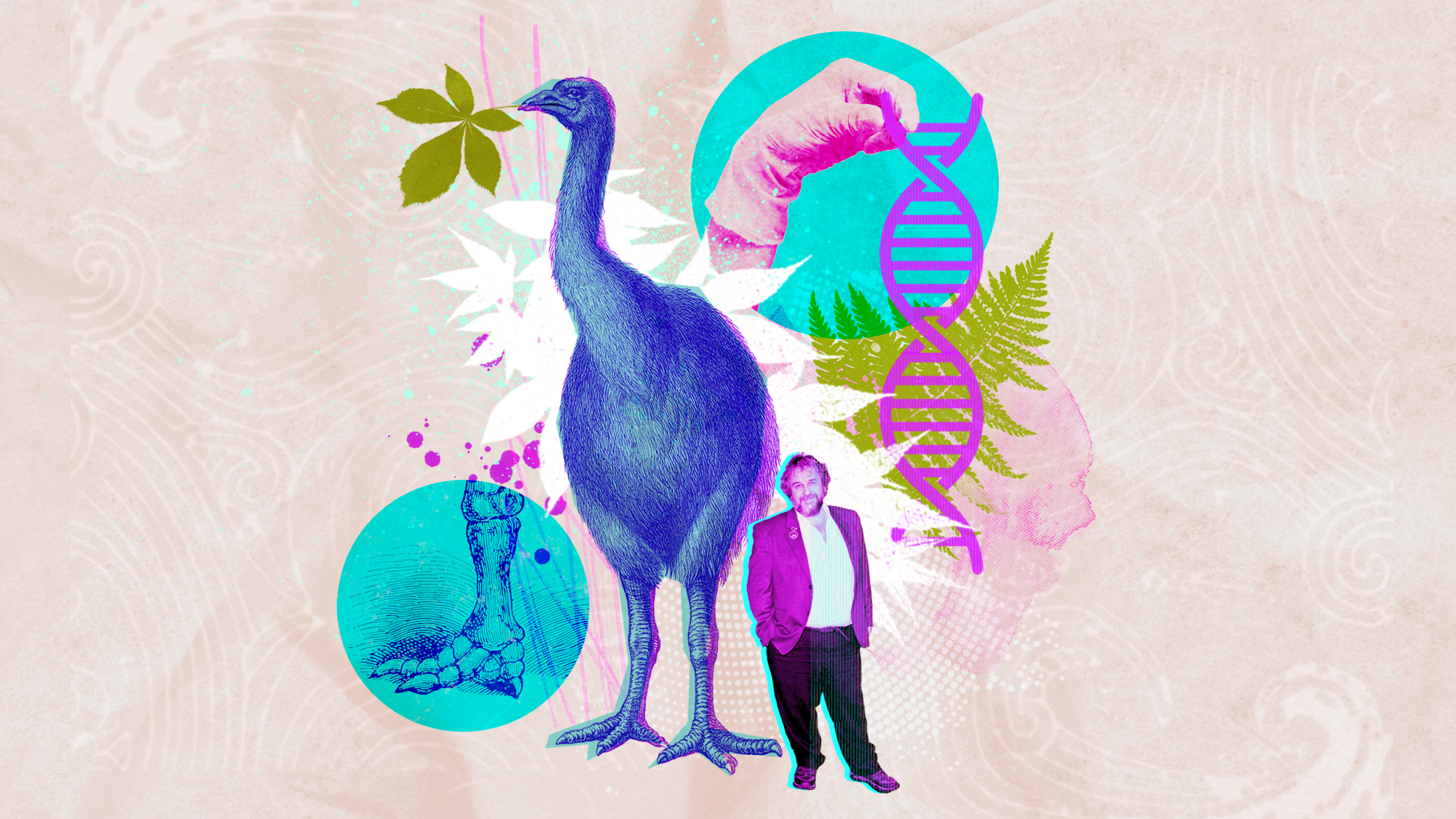Birds won't be named after humans anymore in an effort to eliminate racist links
A number of North American bird species are currently named after historically racist figures


North American bird species that are named after humans are being renamed in an effort to eliminate ties to racist figures, the American Ornithological Society announced Wednesday.
In a statement, the Ornithological Society, which is responsible for the naming of bird species across the continent, said it "commits to changing all English-language names of birds within its geographic jurisdiction that are named directly after people." Toward that end, the society said, it's "establishing a new committee to oversee the assignment of all English common names for species."
Dozens of birds across North America are currently named for humans, and many of those people are historical figures with ties to racism and slavery. "There is power in a name, and some English bird names have associations with the past that continue to be exclusionary and harmful today," Ornithological Society President Colleen Handel said. Anywhere from 70 to 80 bird species will be renamed.
The Week
Escape your echo chamber. Get the facts behind the news, plus analysis from multiple perspectives.

Sign up for The Week's Free Newsletters
From our morning news briefing to a weekly Good News Newsletter, get the best of The Week delivered directly to your inbox.
From our morning news briefing to a weekly Good News Newsletter, get the best of The Week delivered directly to your inbox.
The push to strip human names from bird species began in 2020 with the thick-billed longspur. At the time, the bird was called the McCown's longspur, named "after an individual with strong ties to the Confederacy and who is perceived today by many as a symbol of slavery and racism," the Ornithological Society said. The effort expanded after the society considered a public petition urging a change from racially charged names. Deciding which names fit that criteria proved fraught, so the society decided to scrap all human-linked names.
That means an end to the Audubon's shearwater, a species named after John James Audubon, a famous ornithologist who "also enslaved people and held white supremacist views," his namesake Audubon Society notes. Also on the way out is the Scott's oriole, named for General Winfield Scott, who "oversaw the forced relocation of Indigenous peoples in 1838 that eventually became the Trail of Tears," The New York Times reported.
A free daily email with the biggest news stories of the day – and the best features from TheWeek.com
Justin Klawans has worked as a staff writer at The Week since 2022. He began his career covering local news before joining Newsweek as a breaking news reporter, where he wrote about politics, national and global affairs, business, crime, sports, film, television and other news. Justin has also freelanced for outlets including Collider and United Press International.
-
 Spain’s deadly high-speed train crash
Spain’s deadly high-speed train crashThe Explainer The country experienced its worst rail accident since 2013, with the death toll of 39 ‘not yet final’
-
 Can Starmer continue to walk the Trump tightrope?
Can Starmer continue to walk the Trump tightrope?Today's Big Question PM condemns US tariff threat but is less confrontational than some European allies
-
 There’s a new serif in town: Trump’s font overhaul
There’s a new serif in town: Trump’s font overhaulIn the Spotlight As the State Department shifts from Calibri to Times New Roman, is this just a ‘typographic dispute’, or the ‘latest battleground’ of a culture war
-
 Blue Origin launches Mars probes in NASA debut
Blue Origin launches Mars probes in NASA debutSpeed Read The New Glenn rocket is carrying small twin spacecraft toward Mars as part of NASA’s Escapade mission
-
 Dinosaurs were thriving before asteroid, study finds
Dinosaurs were thriving before asteroid, study findsSpeed Read The dinosaurs would not have gone extinct if not for the asteroid
-
 SpaceX breaks Starship losing streak in 10th test
SpaceX breaks Starship losing streak in 10th testspeed read The Starship rocket's test flight was largely successful, deploying eight dummy satellites during its hour in space
-
 Rabbits with 'horns' sighted across Colorado
Rabbits with 'horns' sighted across Coloradospeed read These creatures are infected with the 'mostly harmless' Shope papilloma virus
-
 Lithium shows promise in Alzheimer's study
Lithium shows promise in Alzheimer's studySpeed Read Potential new treatments could use small amounts of the common metal
-
 Scientists discover cause of massive sea star die-off
Scientists discover cause of massive sea star die-offSpeed Read A bacteria related to cholera has been found responsible for the deaths of more than 5 billion sea stars
-
 'Thriving' ecosystem found 30,000 feet undersea
'Thriving' ecosystem found 30,000 feet underseaSpeed Read Researchers discovered communities of creatures living in frigid, pitch-black waters under high pressure
-
 Scientists and Peter Jackson attempt to bring back an extinct bird — kind of
Scientists and Peter Jackson attempt to bring back an extinct bird — kind ofIn the Spotlight Colossal Biosciences was the company behind the 'resurrected' dire wolves
